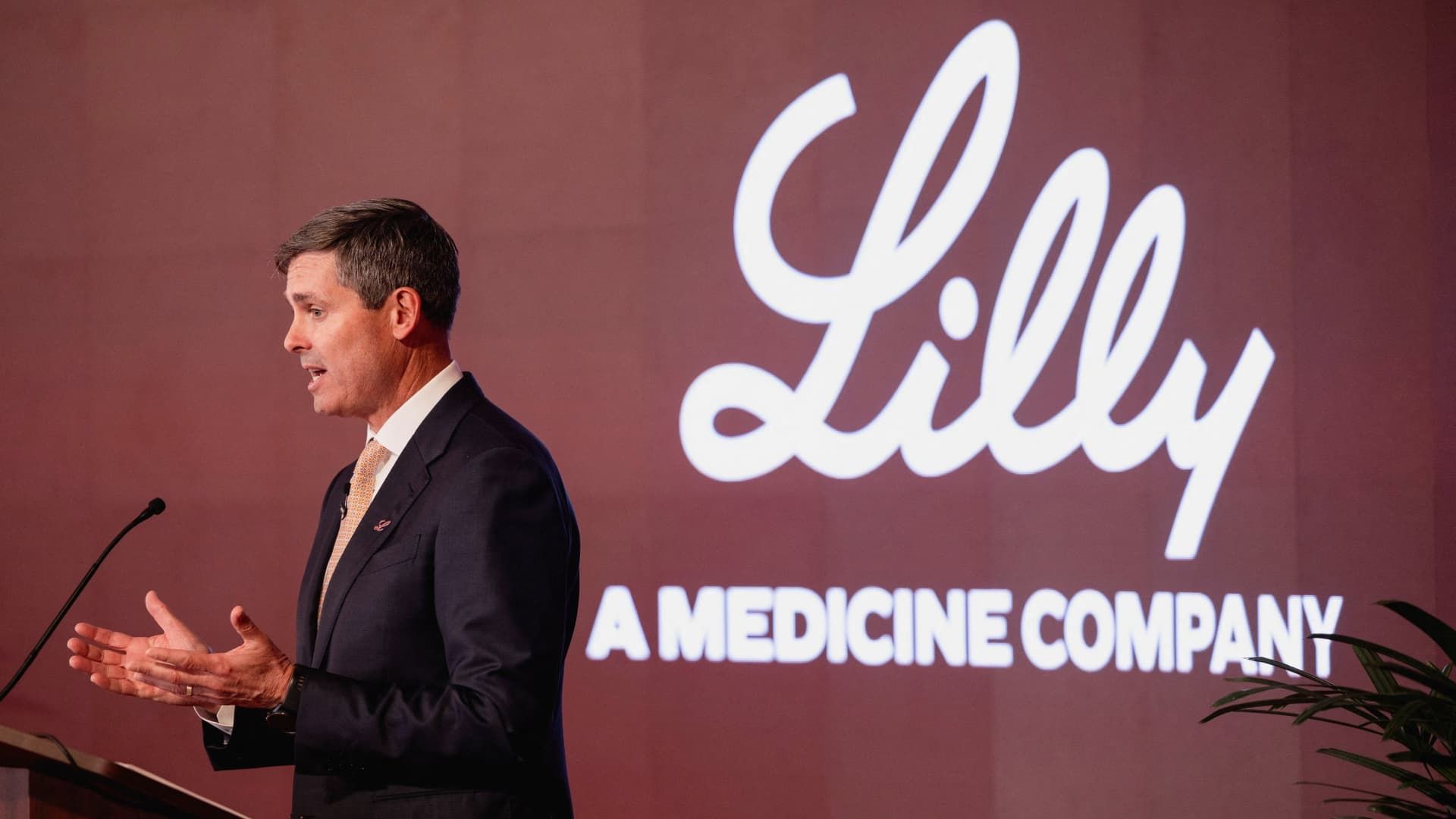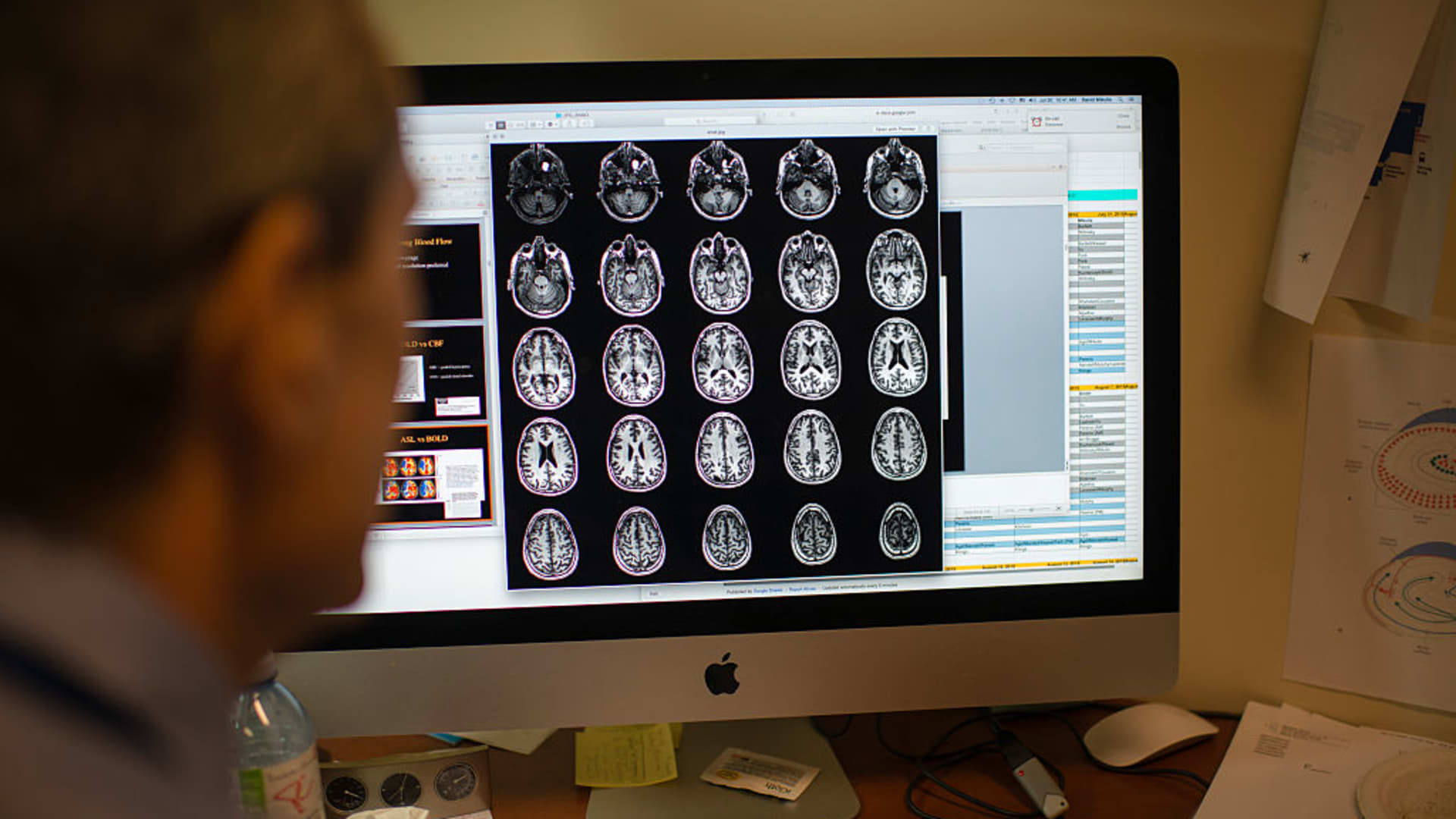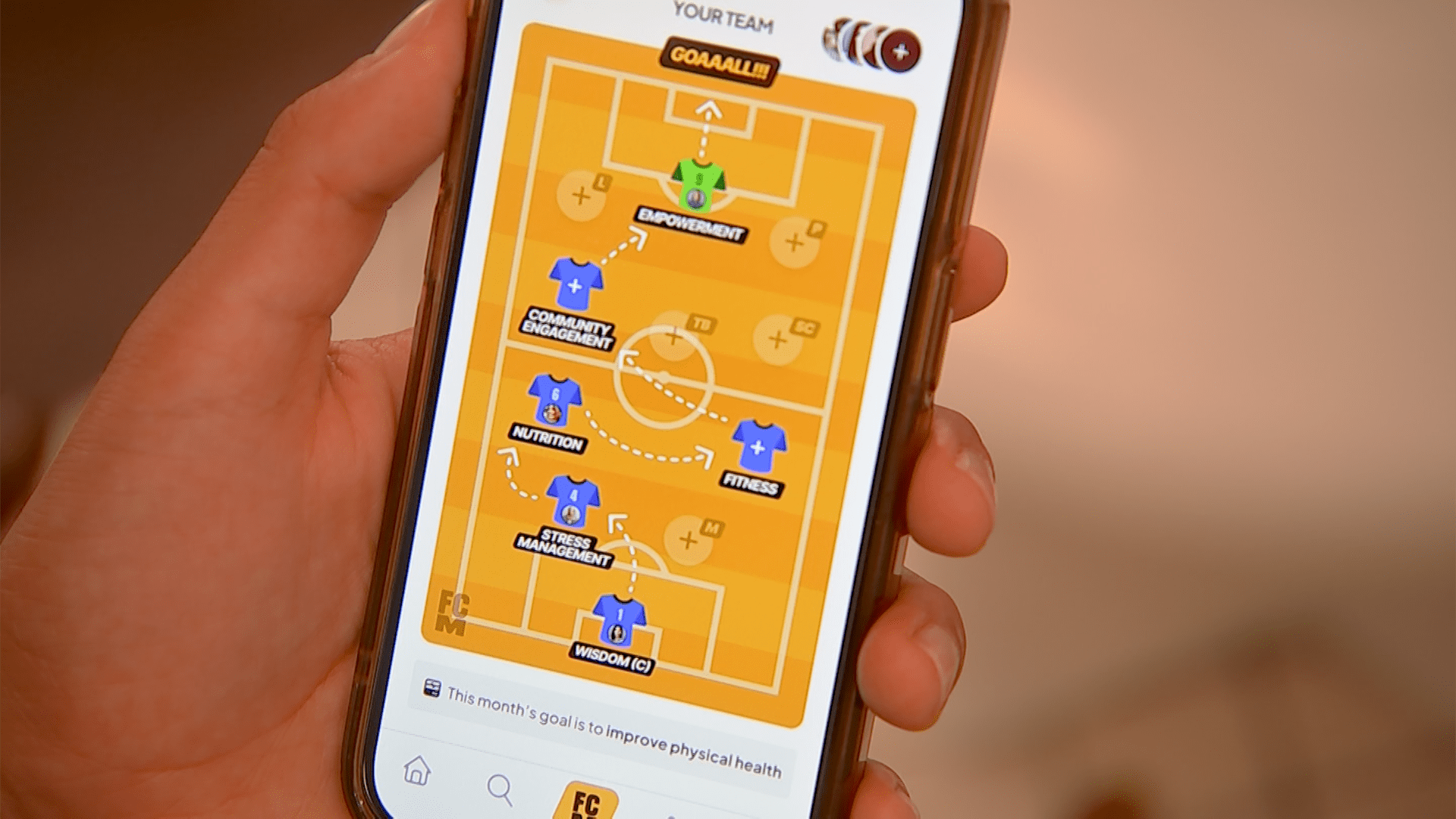Eli Lilly and NVIDIA are partnering to build what they call the pharmaceutical industry's “most powerful” supercomputer and so-called artificial intelligence factory to help accelerate drug discovery and development across the sector, the companies announced Tuesday.
It is the latest step by Nvidia and the pharmaceutical industry to leverage AI to help shorten the time it takes to bring cures to patients, while reducing costs at every stage of drug discovery and development. The process typically takes about 10 years on average from when a drug is administered to the first human being to its launch on the market, Diogo Rau, chief information and digital officer at Eli Lilly, said in an interview.
Eli Lilly expects to complete construction of the supercomputer and artificial intelligence factory in December. They will be online in January. But the new tools are not likely to generate significant returns for the company's business or that of any other drugmaker until the end of the decade.
“The things that we're talking about figuring out with this kind of power that we have now, we'll really see those benefits in 2030,” Rau said.
Industry efforts to use AI to get medicines to people faster are still in the early stages. There are no drugs on the market designed with AI, but progress is evident in the number of drugs discovered with AI entering clinical trials, recent investments focused on AI, and partnerships between drugmakers.
Eli Lilly will own and operate the supercomputer, which will be powered by more than 1,000 Blackwell Ultra GPUs (a newer family of chips from Nvidia) connected to a unified high-speed network. The supercomputer will power the AI factory, a specialized computing infrastructure that will develop, train and deploy AI models at scale for drug discovery and development.
The supercomputer “is really a novel scientific instrument. It's like a huge microscope for biologists,” said Thomas Fuchs, director of artificial intelligence at Eli Lilly. “It really allows us to do things that we couldn't do before on such a huge scale.
Scientists will be able to train AI models in millions of experiments to test potential drugs, “dramatically expanding the scope and sophistication” of drug discovery, according to a statement from Eli Lilly.
While new drugs are found It's not the only focus of the new tools, it's “where the big opportunity is,” Rau said.
“We are hoping that we can discover new molecules that we could never have with just humans,” he said.
Several AI models will be available in Lilly TuneLab, an artificial intelligence and machine learning platform that allows biotech companies to access drug discovery models that Eli Lilly has trained through years of its own research. That data is worth a billion dollars.
Eli Lilly launched that platform in September as a way to expand access to drug discovery. tools throughout the sector.
“It's really powerful to be able to give that extra starting point to these startups that might otherwise take a couple of years burning through their capital to get to that point,” said Kimberly Powell, Nvidia's vice president of healthcare, adding that the company is “delighted to participate” in that effort.
In exchange for access to AI models, biotech companies will be expected to contribute some of their own research and data to help train them, Rau said. The TuneLab platform employs so-called federated learning, meaning companies can leverage Lilly's AI models without either party directly sharing data.
Eli Lilly also plans to use the supercomputer to shorten drug development and help treatments reach people more quickly.
The company said new AI scientific agents can support researchers, and that advanced medical imaging can give scientists a clearer view of how diseases progress and help them develop new biomarkers (a measurable sign of a biological process or condition) for personalized care.
“Actually, we would like to deliver on that promise of precision medicine,” Powell said. “Without an infrastructure and an AI foundation, we're never going to get there, right? So we're doing all the necessary construction and now we're seeing this really take off, and Lilly is an exact example of that.”
Precision medicine is an approach that tailors disease prevention and treatment based on differences in a person's genes, environment, and lifestyles.












